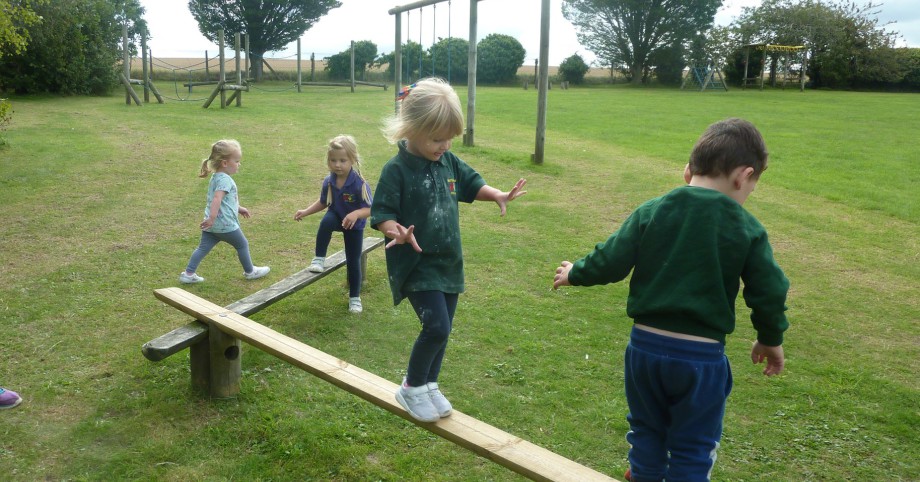Aims For Development
Marham Village Preschool Nursery Curriculum.
Aims for development.
Listed below is Marham Village Preschool's Nursery Curriculum, which follows the Early Years Foundation Stage (EYFS) curriculum, outlining its aims for children's development and the forms
they take.
Please follow this link for the What to expect in the EYFS: a guide for parents
Personal and social Development:
To encourage independence, self-respect and good relationships with other children and adults by playing with, sharing, and interacting, while using the activities provided. For example: Sand
play, home corner, play dough, messy play, construction toys, story time, music time, games and puzzles etc.
To develop an understanding of right and wrong, and to be aware of the feelings of other children and adults around them, through participating in different activities together, along
with engaging in circle time where we may share a story, sing a song, or talk about things which have happened to us.
Communication & Language
To encourage children to talk about their experiences, to listen to each other, to listen to and discuss stories and poems, as well as listening to and understanding
instructions.
Physical Development
To encourage confidence, control, co-ordination and awareness of space as children use large climbing and balancing equipment. To encourage fine motor skills with varied mark making activities and
resources.
Literacy
To encourage children to enjoy books and to handle them with care. To encourage parents and children to use and read books together of different kinds, e.g. stories, informative, reference etc.
obtained from libraries and book clubs. To begin to recognise labels, names and simple words relevant to children. To draw, crayon and paint to communicate, giving meaning to the marks they
make.
Expressive Arts & Design
To explore sound, colour, and texture. To express feelings in response to music and sound, to encourage the use of varied media and to use imagination to create stories, pictures or models.
Mathematics
To familiarise the children with numbers, shapes and measuring. To start to sort, match, order, sequence and count everyday objects, and to form an understanding of numbers and numerals.
Understanding the World
To be aware of their environment and their place in it. To explore and recognise features of living things, objects, people and events in the world around them. To observe similarities,
differences, patterns and change and be able to talk about their observations and ask questions. To acquire basic skills in simple technological toys and objects.
Our Approach- Learning through play
Play helps young children to learn and develop through doing and talking, which research has shown to be the means by which children learn to think. Our pre-school uses the practice guidance Early
Years Foundation Stage to plan and provide a range of play activities which help children to make progress in each of the areas of learning and development. In some of these activities children
decide how they will use the activity and, in others, an adult takes the lead in helping the children to take part in the activity. In all activities information from the practice guidance to the
Early Years Foundation Stage, along with the knowledge and understanding of the individual children within the setting has been used to decide what resources to ‘provide’ and ‘how to
provide them’. The children will decide the rest!!
We operate a key worker system whereby each child is assigned to a particular member of staff who will be involved with recording and monitoring that child's progress. However, parents can speak to any member of staff about their child.


